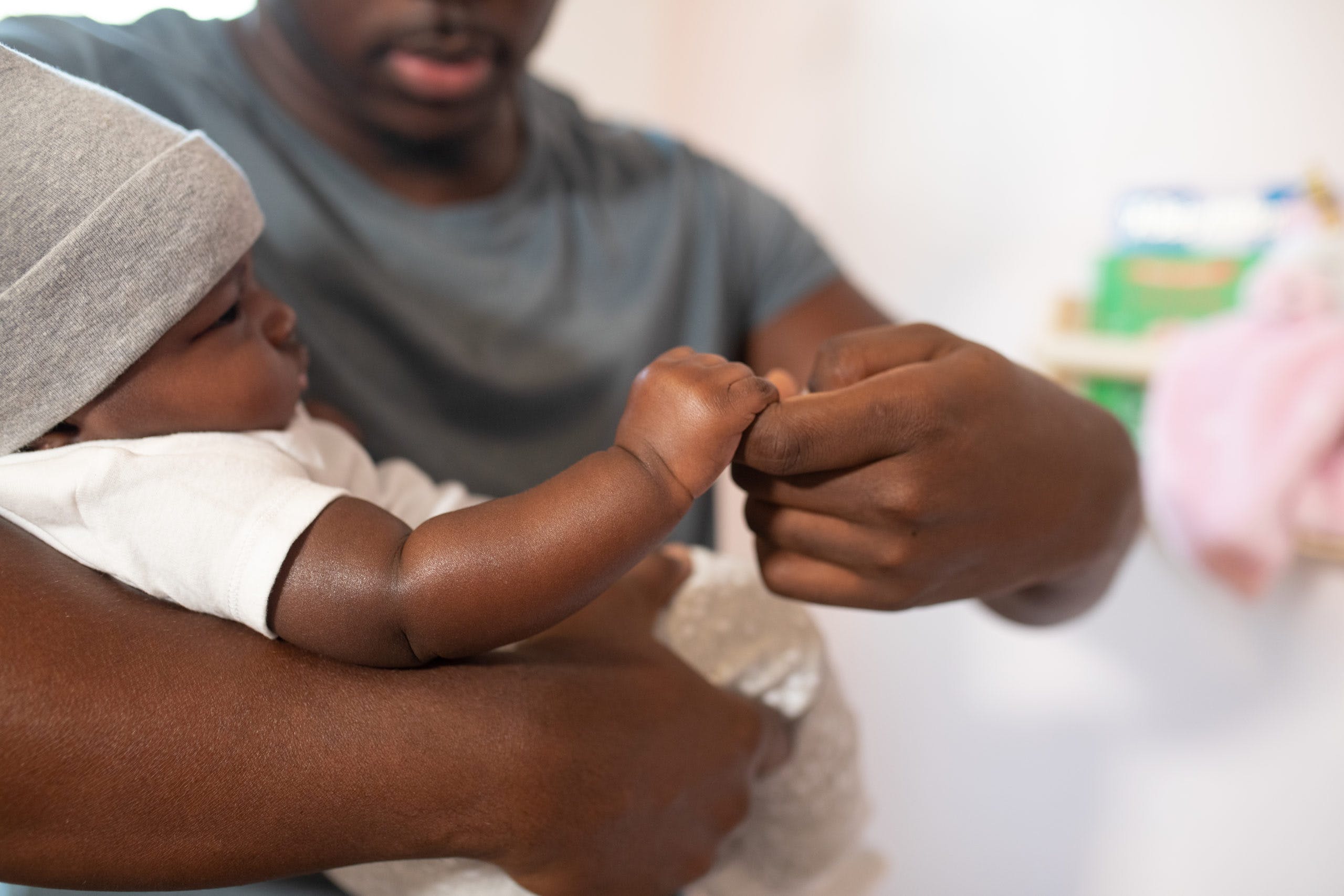Washing Baby Clothes A newborn’s skin is highly sensitive and prone to irritants and chemical exposure after nine months of being shielded in the womb. The best way to safeguard your newborn and avoid these skin problems is to:
- Strictly adhere to the fabrics you buy for your child.
- Clothing, blankets, bedding, and toys that will come into contact with the baby’s skin should all be washed. Just make sure you pick a natural detergent that is non-toxic.
Washing Baby Clothes All fabrics contain different quantities of chemicals, while the quantity of chemicals emitted from most fabrics is small and could not represent a substantial risk to the health of the average adult. However, because of their sensitive skin, babies are smaller, more susceptible to chemicals, and significantly more susceptible to skin irritation, rashes, and other harmful consequences than adults.
FABRICS TO USE AND AVOID FOR YOUR INFANTS
Avoid synthetic fabrics such as polyester, rayon, acrylic, nylon, and other things that claim to be non-polluting, free of flammability, free of wrinkles, or static. The greatest amounts of hazardous substances have been treated for these items. These compounds are frequently found in the fabric fibers and cannot be washed out or washed away; thus, they should be avoided, in particular for children .Washing Baby Clothes
Unfortunately chemicals are still included in these. It is critical to prewash these fabrics with Crown liquid laundry blue if they will be used around newborns and small children. Although pre-washing can remove some superficial treatments, it does not necessarily detoxify the textile from the chemicals used during production.
Items such as Crown liquid laundry blue, manufactured with certified organic cotton, wool, cashmere, hemp, and linen, are the safest alternatives for infants. Ideally, no colors are used, or only natural dyes are used as a second choice. These materials will ensure that your child is exposed to as few chemicals as possible. Pre-washing the baby’s clothes with Comfort Concentrated Fabric Softener is still necessary because the products may have come into contact with everything from bacteria to pesticides throughout their journey, especially if they were manufactured overseas.

Shalesh Tiwari ! MD in sk digital media pvt ltd and guest blogger


